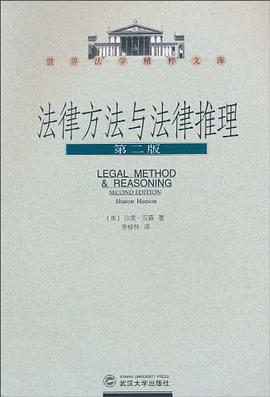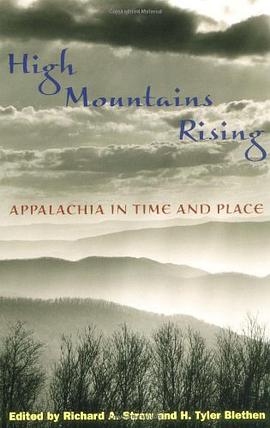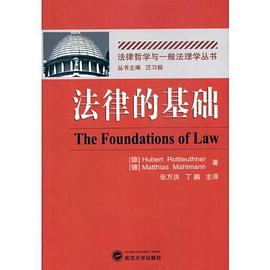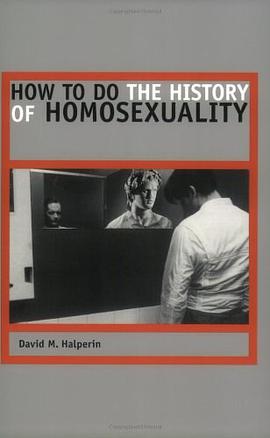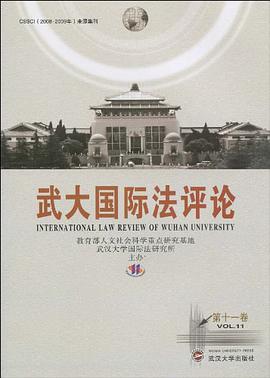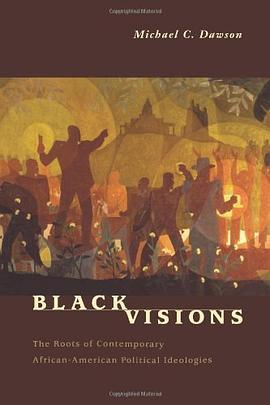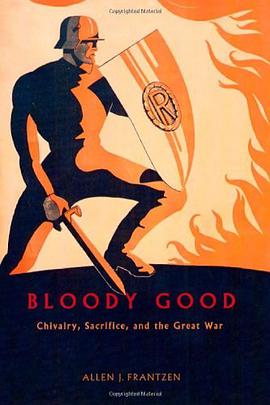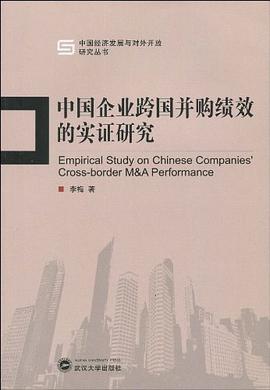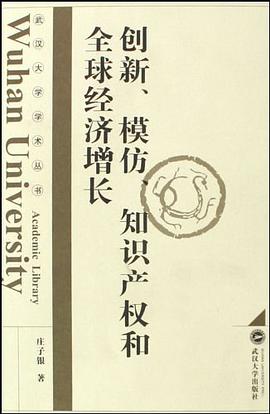

具体描述
In the twentieth century, almost every aspect of science changed: it spread from insular universities to government, industry, and the military; new disciplines emerged, the boundaries between old ones blurred; and a dizzying array of new products and processes changed people's lives. But perhaps the greatest change was science's growth in scale, scope, and cost, as it was transformed from an activity in which small groups or individuals conducted experiments into "Big Science" -- a large-scale enterprise that is carried out by multidisciplinary and multinational groups of researchers, costs enormous sums, demands massive institutions of its own, and often represents a significant fraction of national budgets. These changes have often been ascribed to the Manhattan Project, the allies'project during the Second World War to build the atomic bomb. Established at Los Alamos and several other sites, the Manhattan Project brought together American, British, Canadian, and refugee European scientists to design and build the bombs that ultimately destroyed Hiroshima and Nagasaki in August 1945. At its height, the project was equivalent in size to the entire American automobile industry, employing 130,000 people and costing a total of #2 billion. Its outcome conferred new prestige to science and scientists, and it is widely deemed responsible for the massive growth and militarization of postwar science. But the Manhattan Project did not represent a radical break in the development of twentieth-century science. According to Jeff Hughes, it accelerated developments already underway. Drawing on recent scholarship, Hughes offers a lively reinterpretation of these epic events and considers the dramatic role the military and industry played in shaping not just the Manhattan Project, but the whole of twentieth-century science.
作者简介
目录信息
读后感
评分
评分
评分
评分
用户评价
This book argues that the real change after the WWII was not so much in the emergence of Big Science as in the consolidation of links between science and the national security state. I agree with the conclusion, but I find the examples a bit outdated.
评分This book argues that the real change after the WWII was not so much in the emergence of Big Science as in the consolidation of links between science and the national security state. I agree with the conclusion, but I find the examples a bit outdated.
评分This book argues that the real change after the WWII was not so much in the emergence of Big Science as in the consolidation of links between science and the national security state. I agree with the conclusion, but I find the examples a bit outdated.
评分This book argues that the real change after the WWII was not so much in the emergence of Big Science as in the consolidation of links between science and the national security state. I agree with the conclusion, but I find the examples a bit outdated.
评分This book argues that the real change after the WWII was not so much in the emergence of Big Science as in the consolidation of links between science and the national security state. I agree with the conclusion, but I find the examples a bit outdated.
相关图书
本站所有内容均为互联网搜索引擎提供的公开搜索信息,本站不存储任何数据与内容,任何内容与数据均与本站无关,如有需要请联系相关搜索引擎包括但不限于百度,google,bing,sogou 等
© 2026 book.quotespace.org All Rights Reserved. 小美书屋 版权所有

